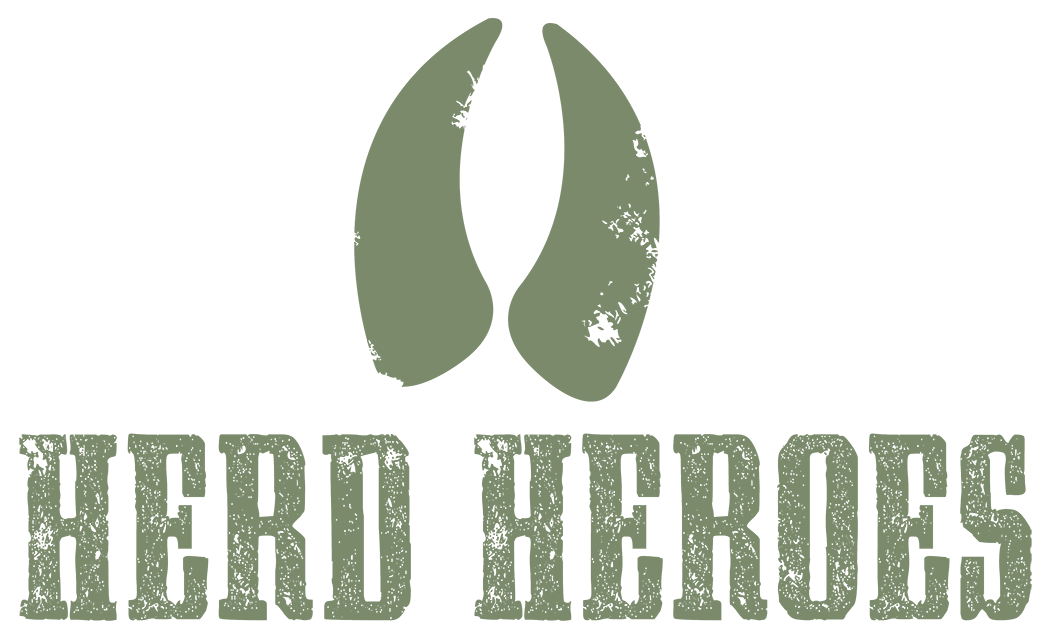Many people who have travelled to remote locations in the developing world have marveled at the incongruous sound of a mobile phone in a place where most other modern amenities are lacking. The reality is that mobile phones represent a life-changing technology for smallholder farmers in rural Haiti.
In rural communities with limited access to veterinarians, farmers can use mobile devices to communicate with veterinary specialists and share anything from images of sick animals to routine herd health monitoring data. Veterinarians are able to integrate a knowledge of animal husbandry, veterinary medicine, and new technologies to provide guidance to farmers in real time, even if they are only able to examine the animals hands-on a couple of times per year.
Connectivity via mobile devices is often cited as one of the most transformative technologies in the lives of smallholder farmers in developing nations. We have certainly observed this to be true in Haiti, and we are committed to using this tool to help improve livestock productivity in the herd in L’Azile. 65% of Haitians have access to mobile phones, and they frequently use internet based applications such as WhatsApp and Viber. Using these applications, we can share records on important parameters related to herd health, and can ensure that performance standards are met in order to continuously improve the productivity and genetics of the herd.
During our recent visit, we emphasized the importance of the fundamentals of our program to optimize productivity: animal identification, performance standards, proactive approaches to disease, and selection of breeding stock. Once local animal health workers are trained to obtain this information on a regular basis, it can be recorded in a database and transmitted to members of our team here in the U.S. Between our in-person visits, we can monitor the herd and detect ongoing and emerging problems that can limit productivity, as well as continue to educate and advise on keeping the animals healthy.
- Animal identification: good record keeping depends on accurate identification of animals; we accomplished this through ear tagging.
- Performance standards: we have identified a weight goal for all goats sold to the N.C. State Farm-to-Fork program of 35 kg. Animal weights should be recorded on a monthly basis. Several local animal health workers were trained on using the weight tape method for estimating weight. Proper animal husbandry and monitoring for parasite infections are needed to meet this standard. We trained the animal health workers on the FAMACHA system to monitor the animals for parasites.
- Proactive approaches to disease: healthy animals have better immune function in order to ward off many types of infections, so we emphasized the importance of a good preventative medicine program; we also instituted a protocol for processing newborn goats to prevent certain diseases
- Selection of breeding stock: by maintaining meticulous breeding records, we can select for animals which produce robust, rapidly growing offspring, and preferably twins; this will help improve herd productivity

